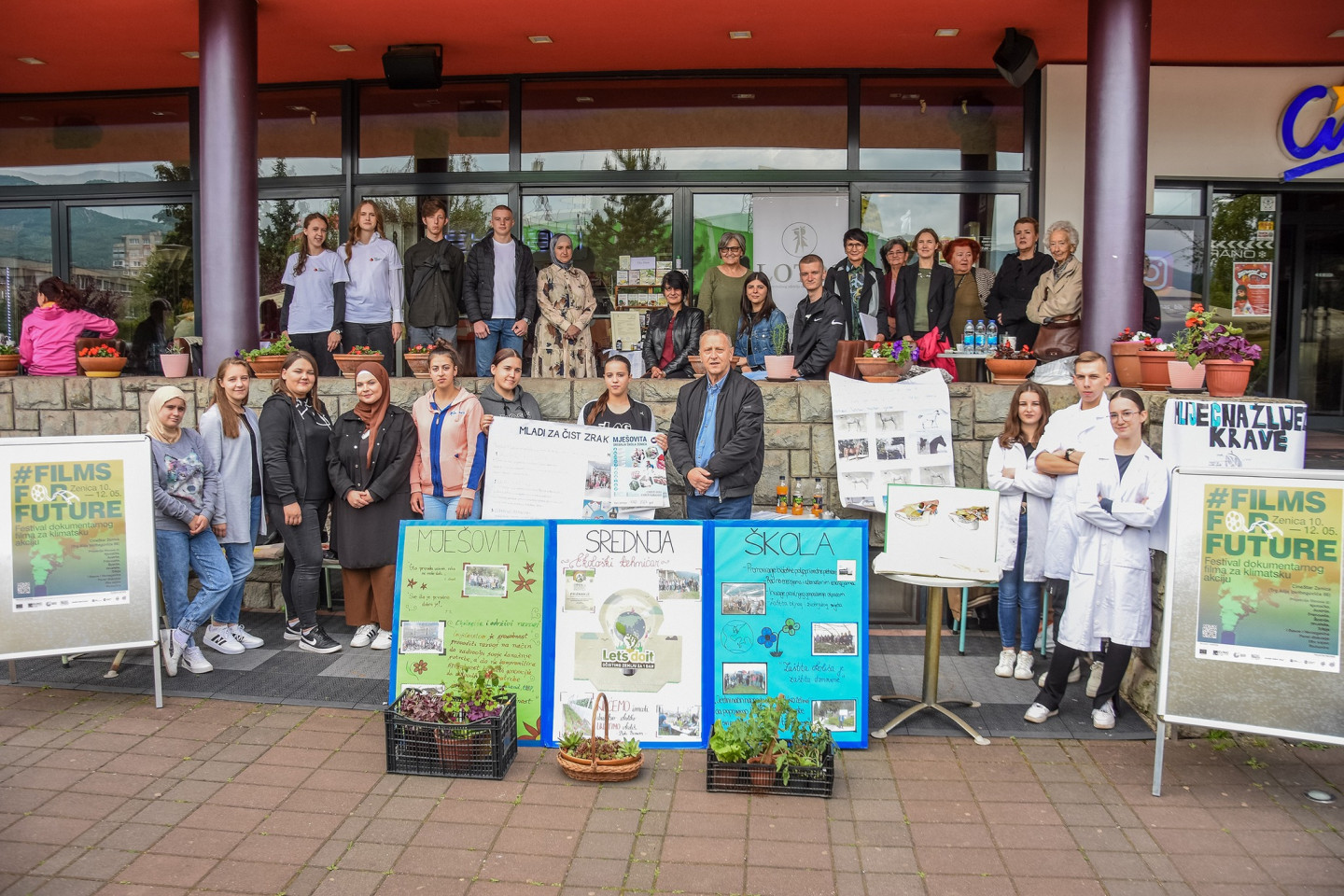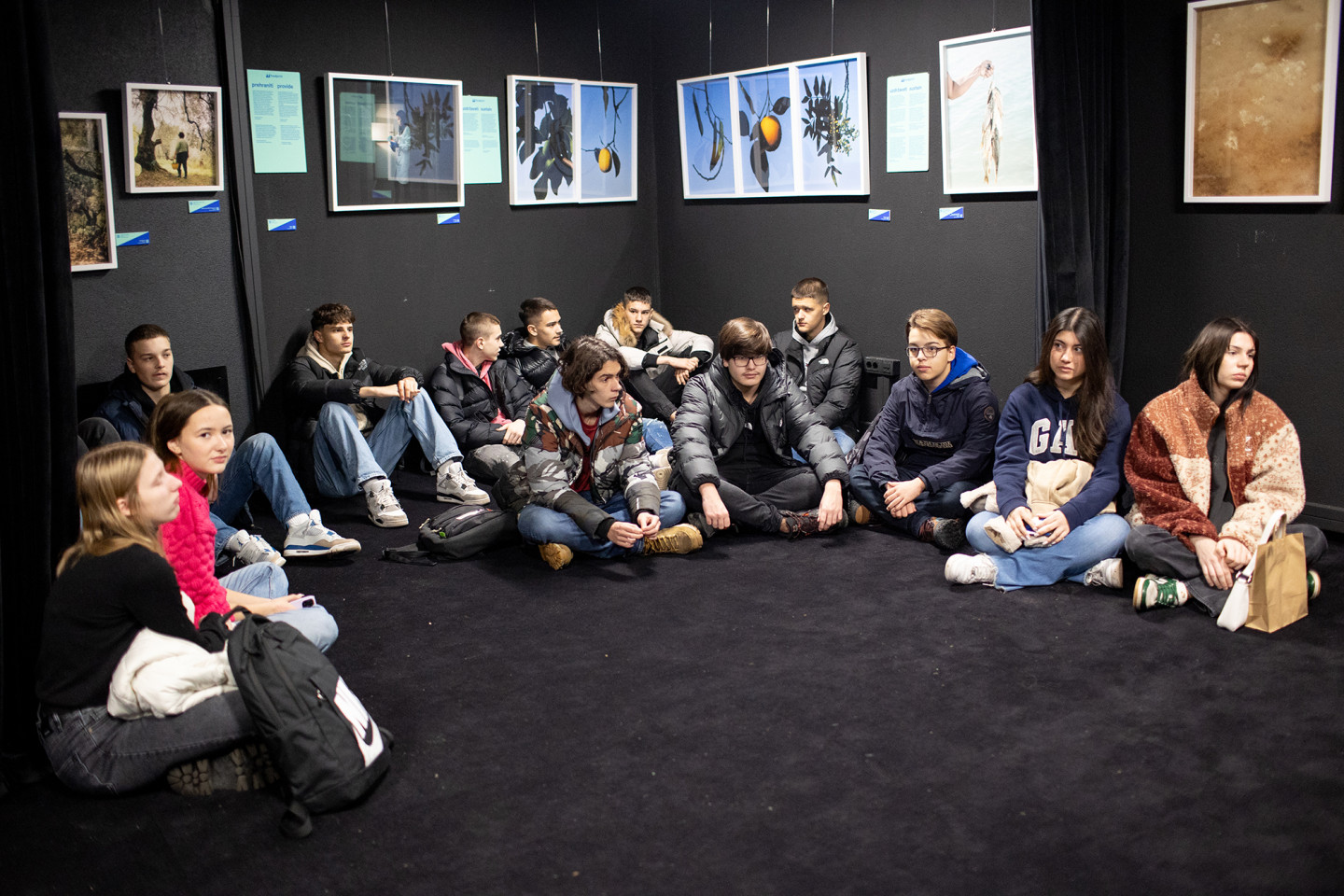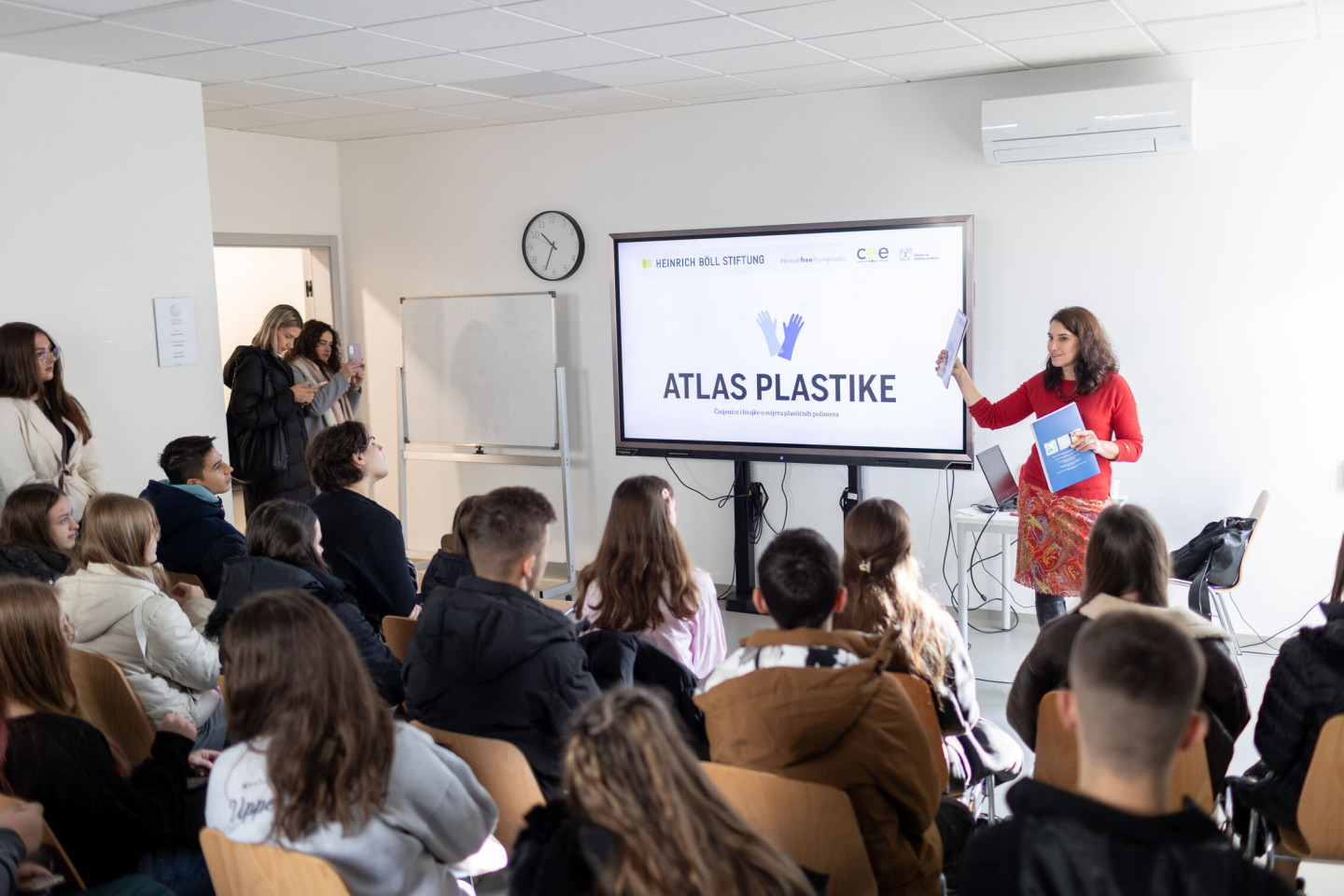The #FilmsForFuture documentary film festival, organised in Zenica, Tuzla and Sarajevo, brought together diverse audiences to explore climate change and sustainability through engaging films, workshops and discussions.
Films For Future was Bosnia and Herzegovina’s (BiH) first-ever film festival dedicated to climate action. The festival spotlighted the consequences of environmental violations and climate change in postwar BiH and beyond, serving as a powerful call to action for change and sustainable development.
Furthermore, the festival aimed to raise awareness about environmental challenges while fostering creativity and collaboration among young people.
The main goal of the Films For Future festival was to provide a platform for information and discussion about environmental issues and climate change, as well as sustainable development, which is particularly needed amongst the wider population of BiH - especially in education, journalism, economics and politics. The project aimed to bridge the knowledge-action gap by focusing on local and global voices.
The documentary film festival
Key activities included the screenings of documentaries from countries such as Bosnia and Herzegovina, Serbia, Croatia, Germany, France, Spain and Austria, followed by Q&A sessions with filmmakers. The documentaries highlighted issues ranging from the contamination of air, soil and water and the exploitation of natural resources to non-green waste disposal under the premises of economic growth and technological progress.
In addition to film screenings, participants engaged in workshops on eco-project proposal writing, sustainability in everyday life, AI’s role in climate action and an eco-themed comic book creation. During the workshops, pupils pitched project proposals - three of which were awarded with a small-scale project grant for their implementation.
The Goethe-Institut’s FOODPRINT exhibition on sustainable eating habits and the Plastic Atlas presentation by the Heinrich Böll Foundation further enhanced the festival’s educational impact.
The documentary, presentations on the Foodprint exhibition and geo-ecology and the workshops were highly engaging and informative. Our pupils always enjoy learning outside the classroom, and the topics were important and relevant for them.
Aida Hodzic, teacher at the 3rd Gymnasium in Sarajevo
The festival directly impacted approximately 550 participants, mostly pupils, with the remaining audience being university students and adults. Workshops were highly sought after, and local partners helped implement activities, reach participants and contribute valuable expertise.
Workshops and artist talks provided a platform for information and meaningful discussions, while local partners - primarily organisations focused on youth work - benefited by hosting events on sustainable development and deepening their understanding of the subject.
Sustainability and impact
Sustainability was a core focus throughout the project: resource use was minimised through digital promotion and communication, the use of plastic was avoided in favour of eco-friendly materials. Furthermore, international guests participated online to reduce the project’s carbon footprint.
Participants gained knowledge, new perspectives and awareness of environmental and climate issues locally, regionally and globally. The Films For Future project showcased culture’s active role in climate action by using films and workshops to engage audiences, spark dialogue and encourage creative solutions to environmental challenges.
As a result of the festival’s success, many local partners expressed interest in continuing to collaborate on future initiatives, ensuring that the conversations and actions around climate action and sustainability will continue. The partnerships formed throughout the project are a testament to the power of cultural events in advancing meaningful social change.



